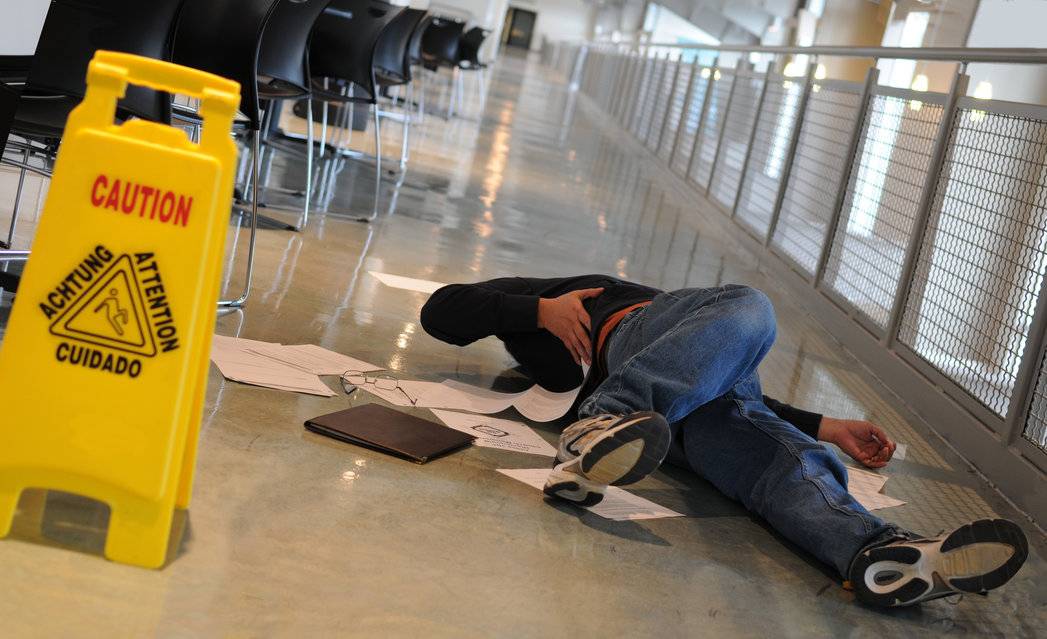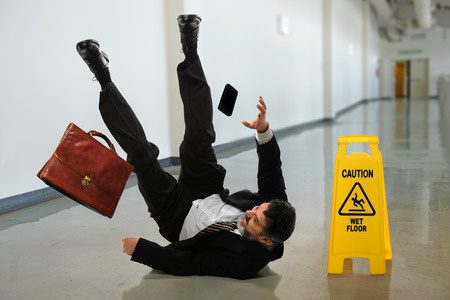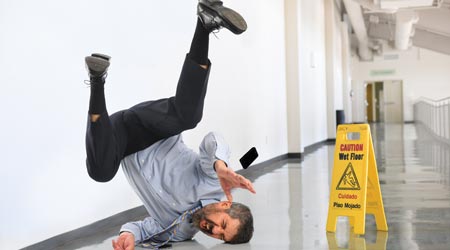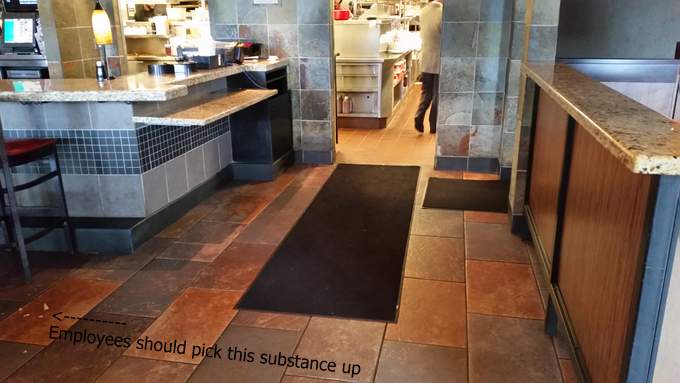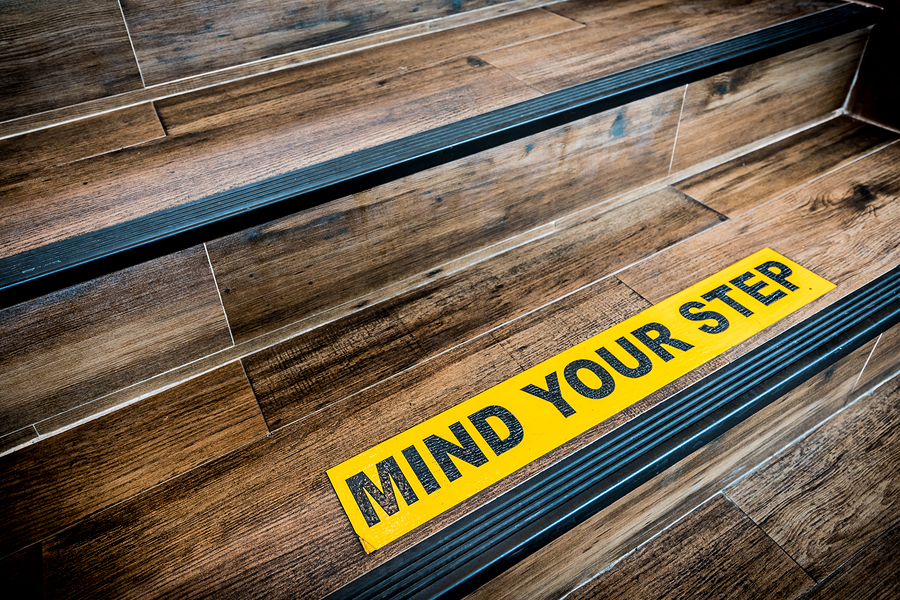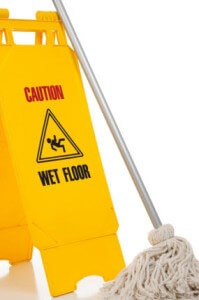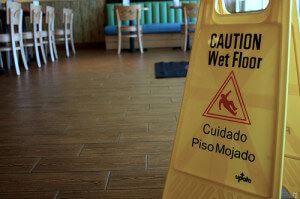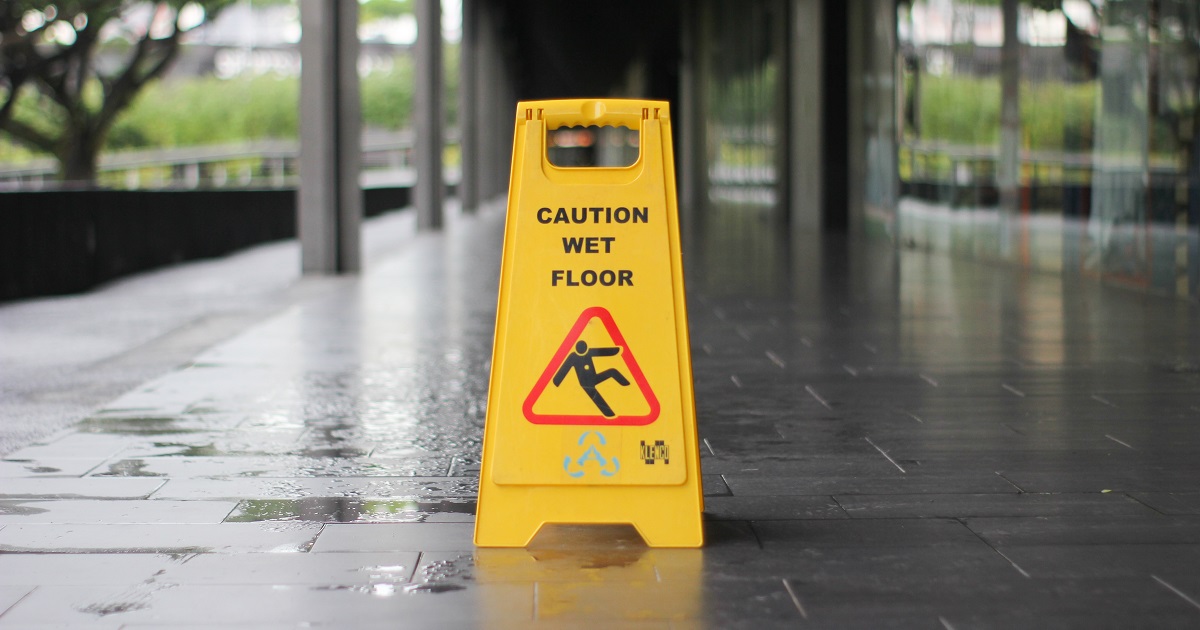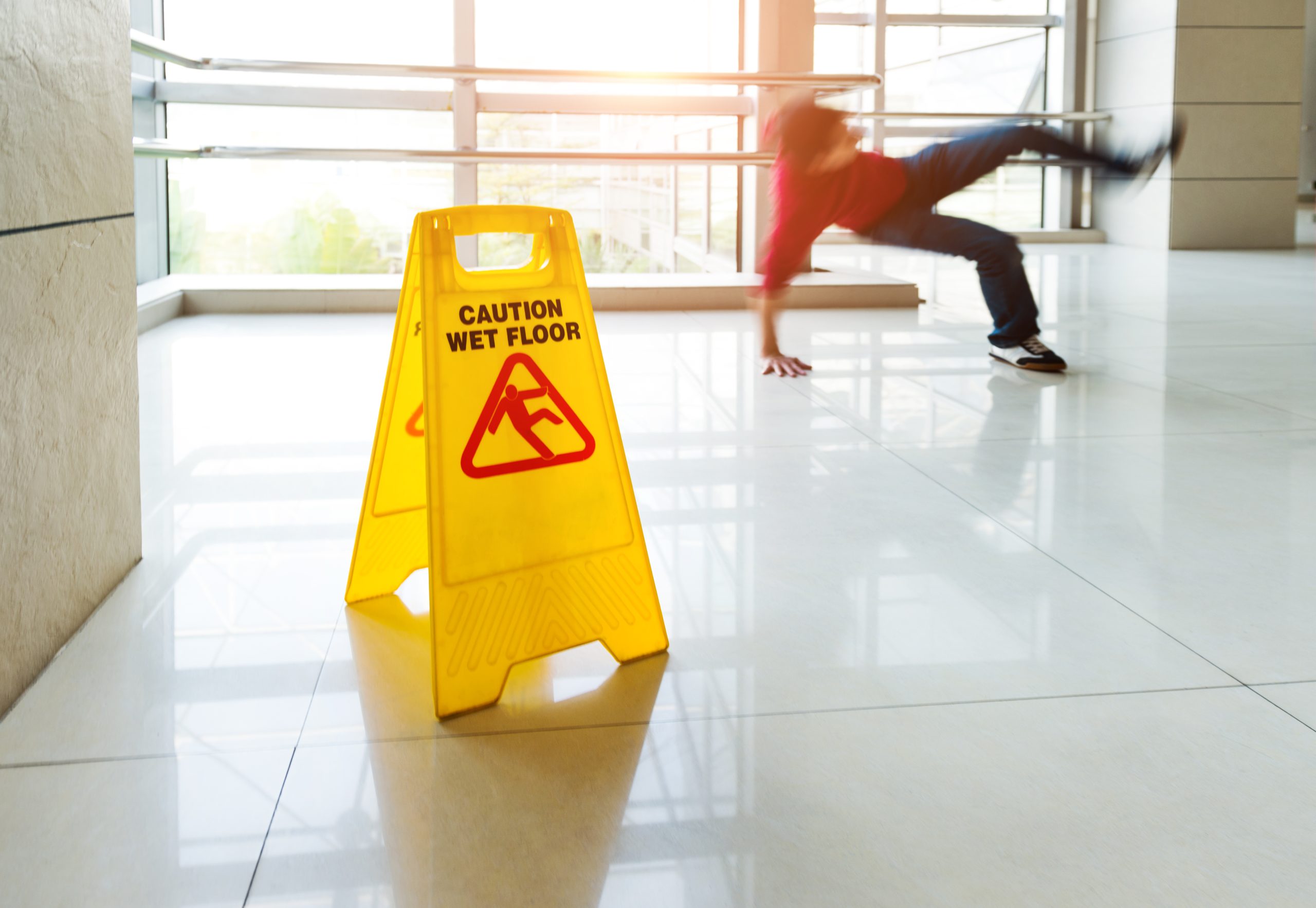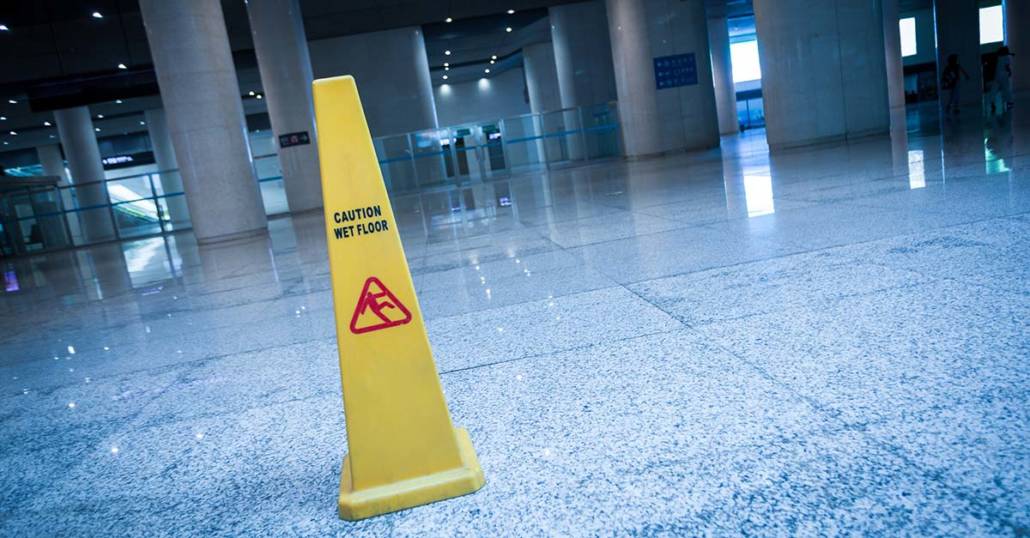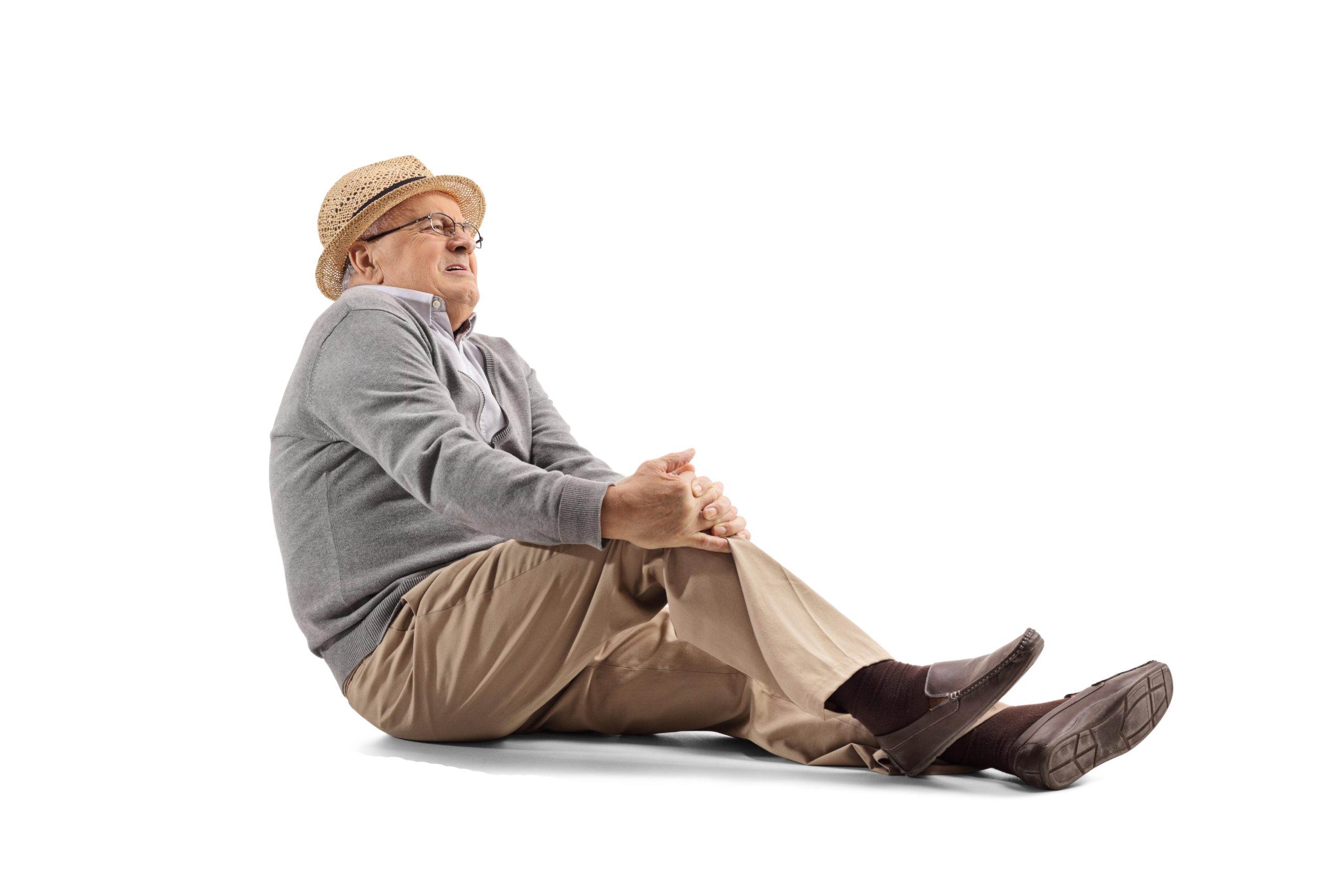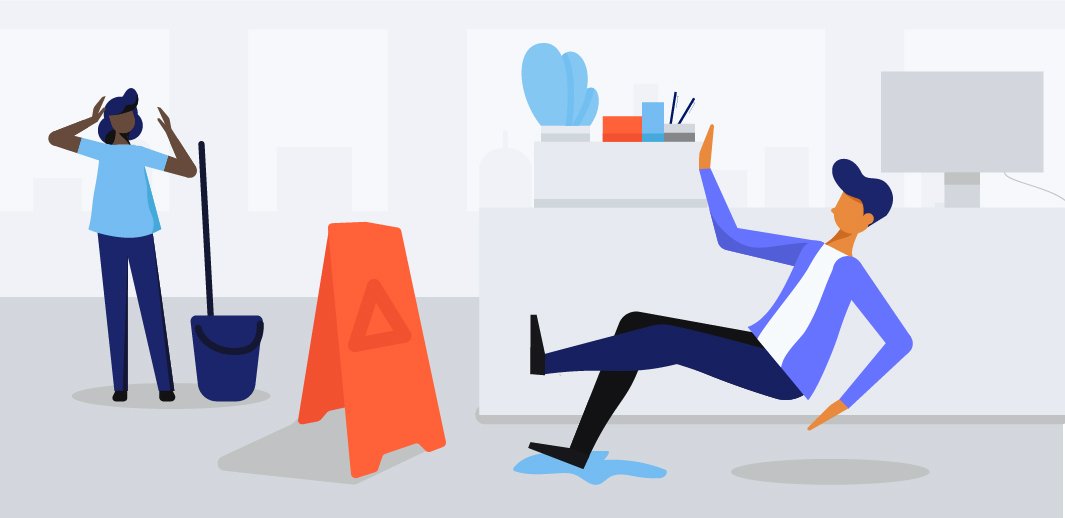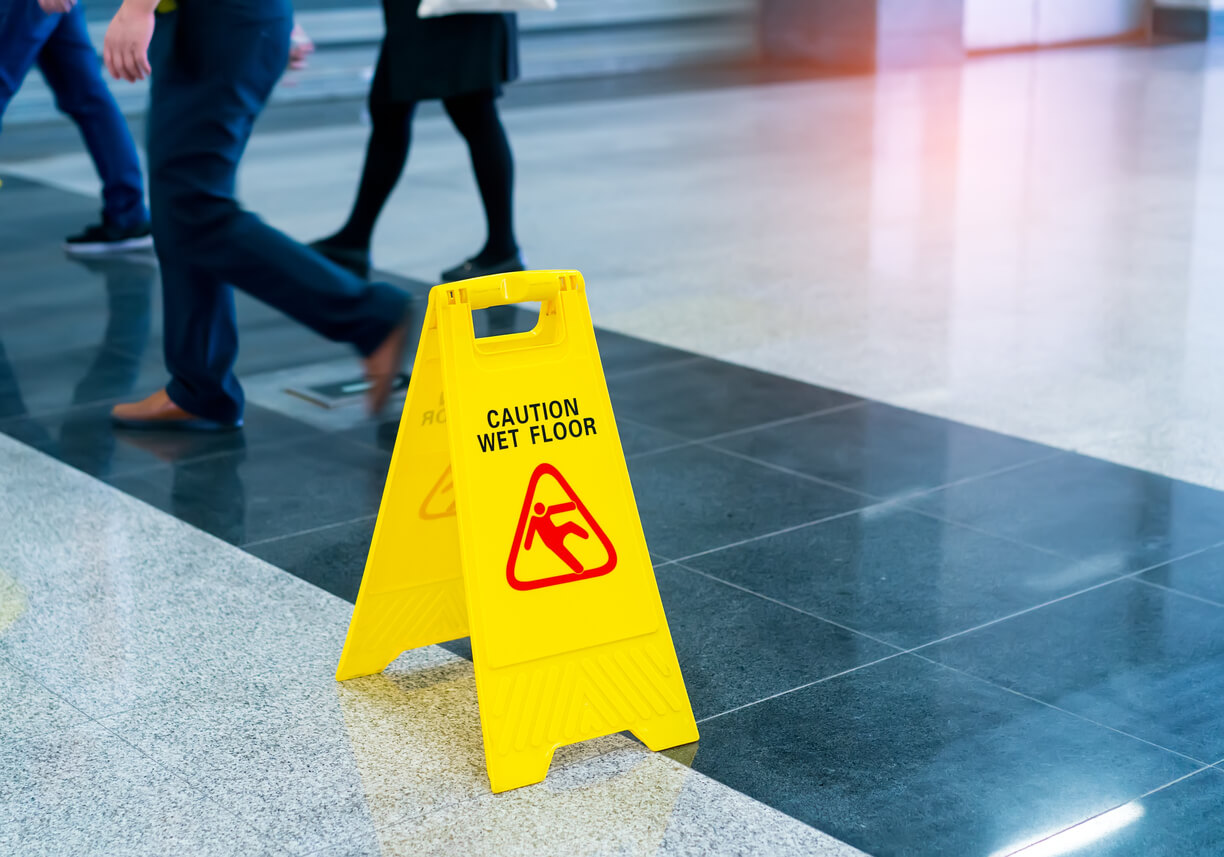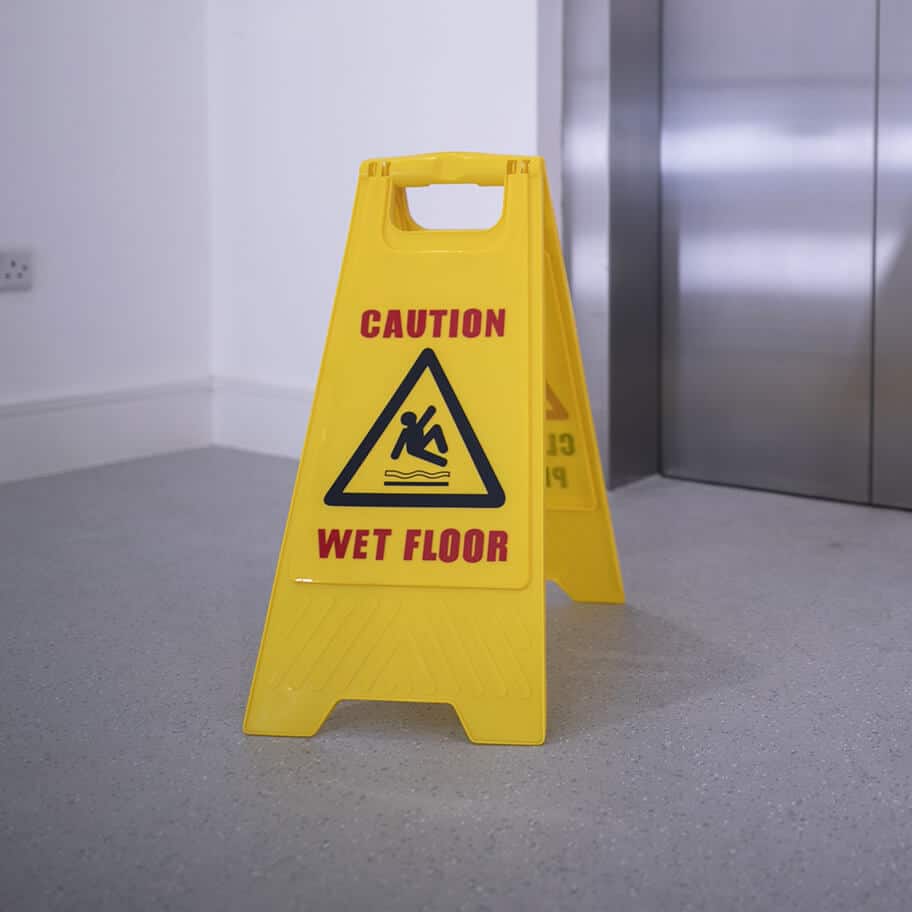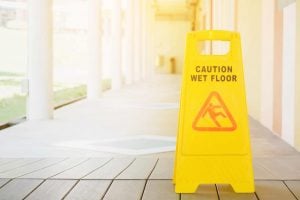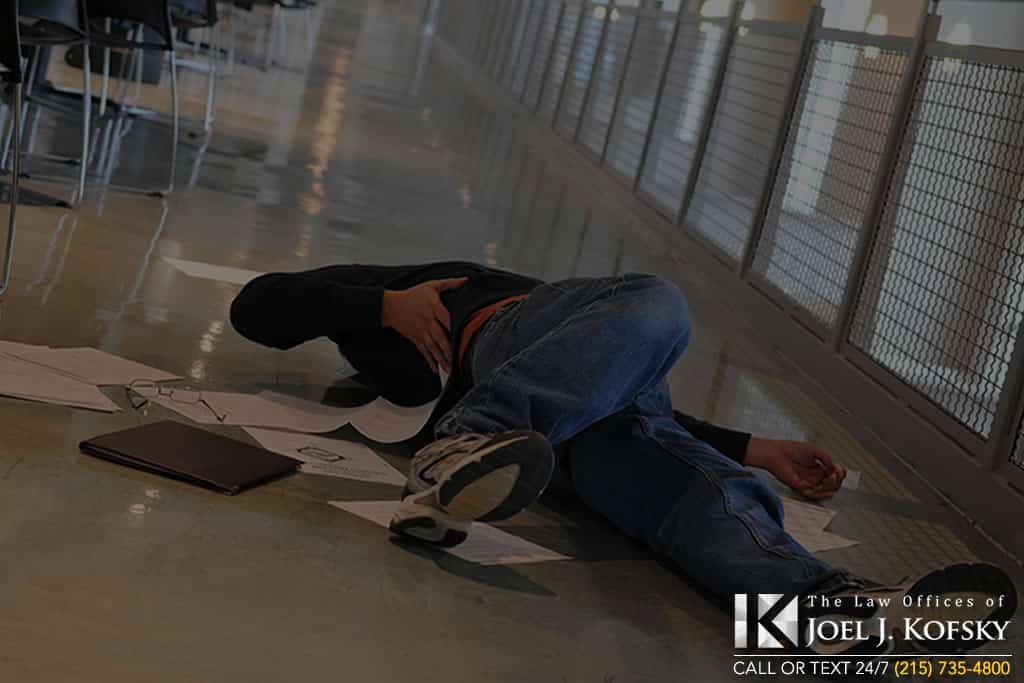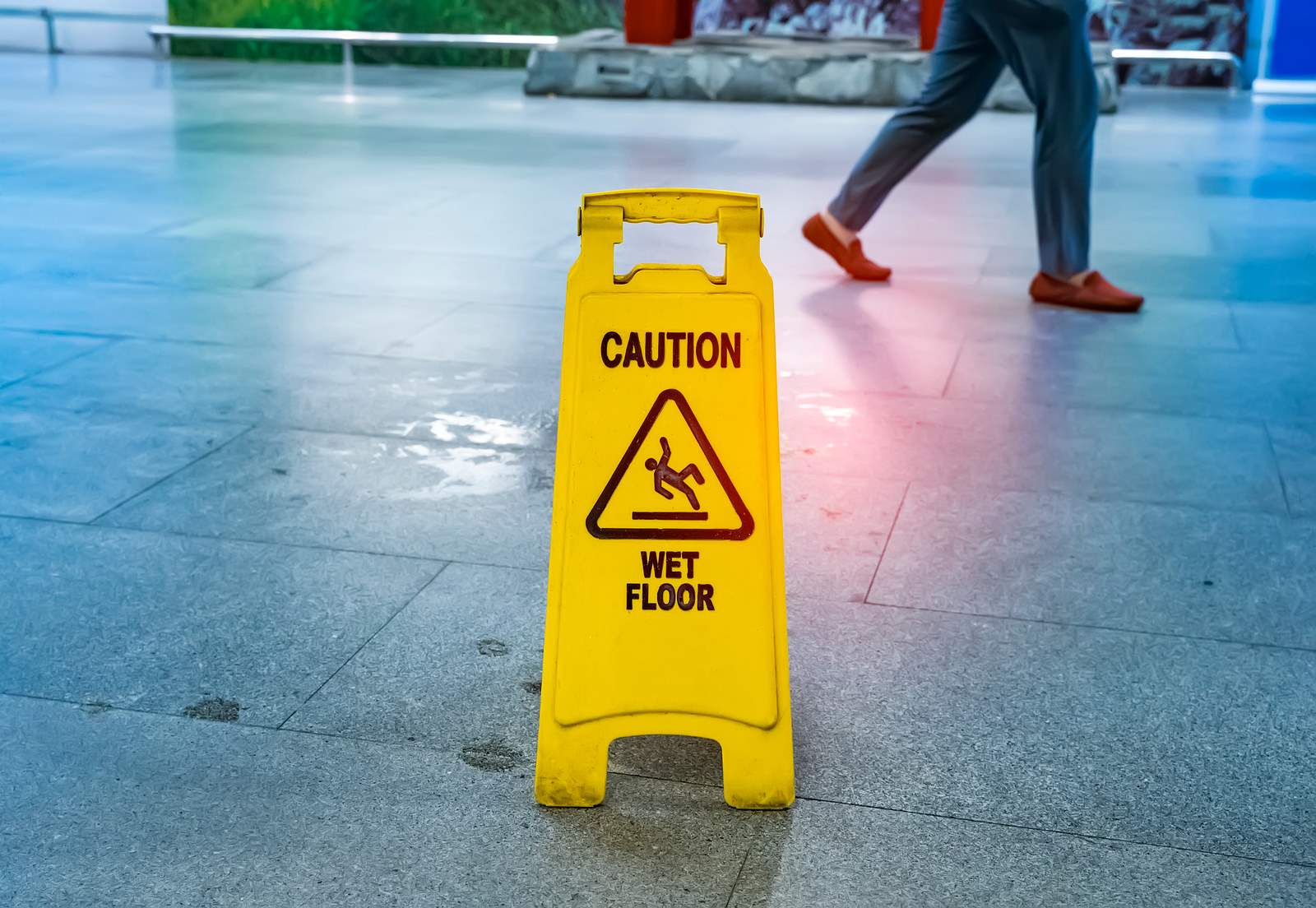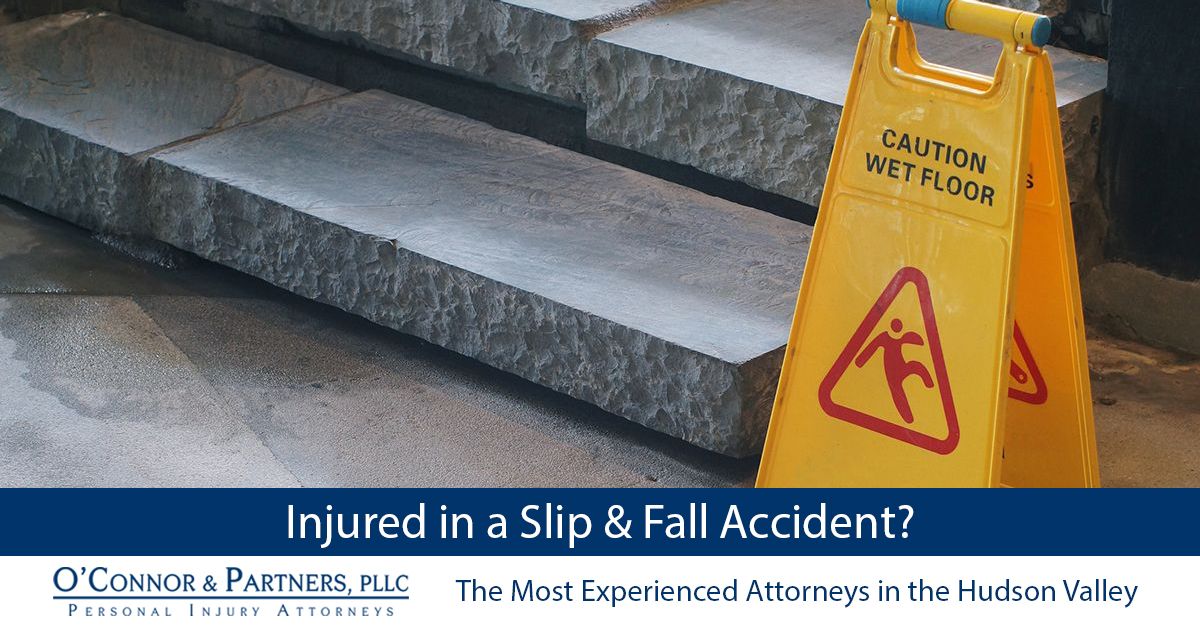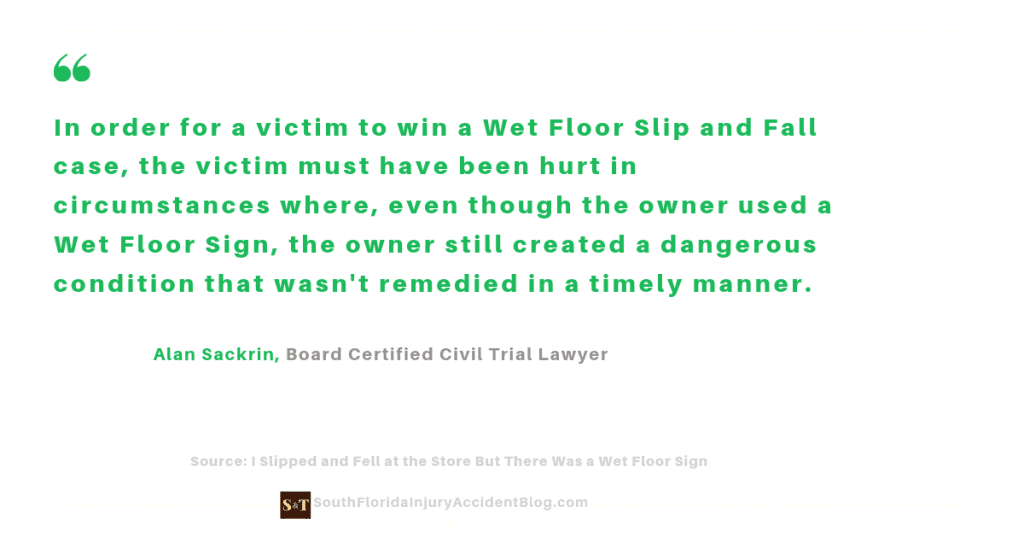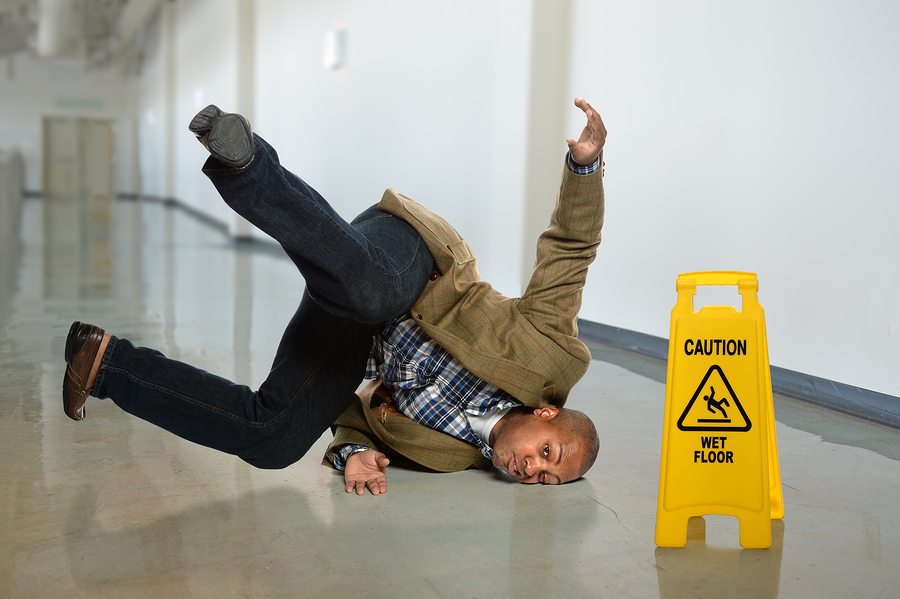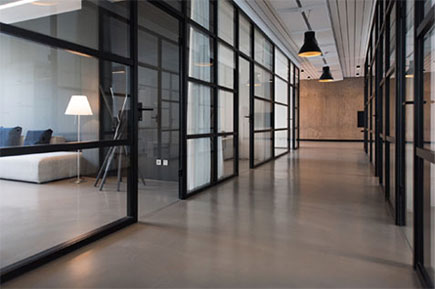Slipped On Wet Floor In Restaurant

Imagine the produce section sprinklers went on at 3 00 in the afternoon.
Slipped on wet floor in restaurant. Because it is common for slip and falls to occur in restaurants it s important for you to know what to do if you are ever involved in one of these accidents while dining out. This could happen anywhere at a restaurant mall hospital sidewalks stairs etc. Water grease and sauces always manage to find their way on to the floor of a restaurant kitchen. A restaurant manager cannot point to a previous settlement or an online compensation calculator and say this is how much compensation for a ligament injury you should get as no two claims for slipping on a wet floor in mcdonalds are alike and each one has to be assessed on its own merits.
The most common cause of slip and fall accidents is a wet slippery floor. The food and drink industry is obviously high in frequency slips for both employees and customers but slips due to hazardous or wet floors can happen in a variety of workplaces. The owner and manager have an obligation to clean up a wet floor or at least place a wet floor sign that alerts people to the presence of a hazardous condition. If you have slipped on wet floor at work that had no wet floor signs and could have been prevented then you may have a claim for wet floor injury compensation.
Grocery store negligence for wet floor injury. Walkways with a wet static cof of 60 or greater and a wet dynamic cof of 42 or greater are defined as high traction under the american national standards institute ansi b101 1 and b101 3 standards. A patron could slip and fall on a spilled drink a water leak in the restroom napkins or menus dropped on the floor or dropped food. The static cof measures the slip potential or how much traction it takes to induce a slip while the dynamic cof quantifies a person s stopping ability once he or she begins to slip.
If you are unsure what you slipped on you are likely to have issues proceeding with your. The cause of the slippery floor is another important element in your premises liability case. The restaurant and its insurance company will normally refuse to pay a person who claims injury if that person is not supported by medical chiropractic or other supporting evidence. Five minutes later you walked down the aisle and slipped and fell on water pooled under the lettuce display breaking your arm in the fall.
Attend to slip hazard areas immediately. If they pay what are referred to as nuisance cases they might develop a reputation for doing so which might encourage some people to feign injuries just to pick up a quick buck. Restaurants are also more likely to have greasy or slippery floors which can cause guests to slip and injure themselves. Here is how you can reduce accidents in a restaurant kitchen.
